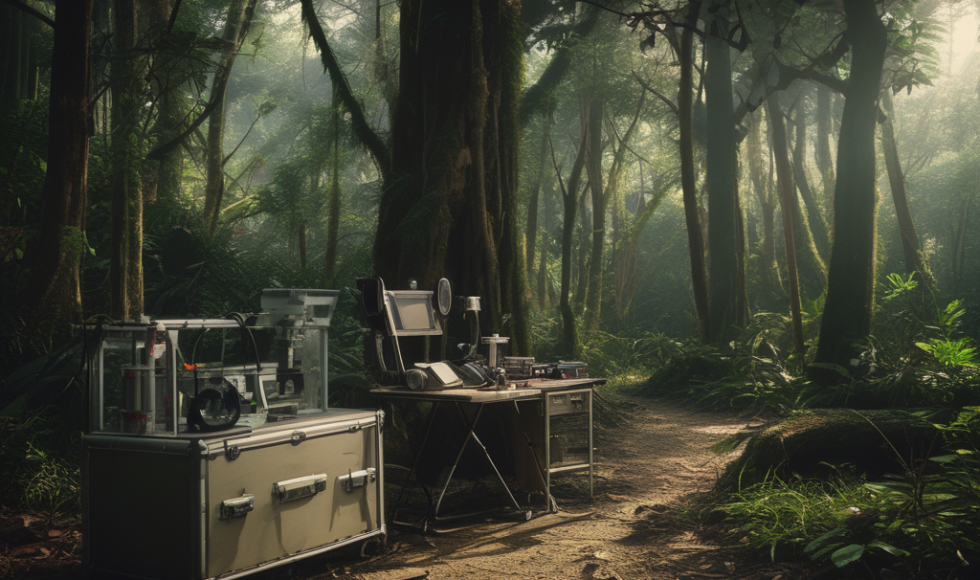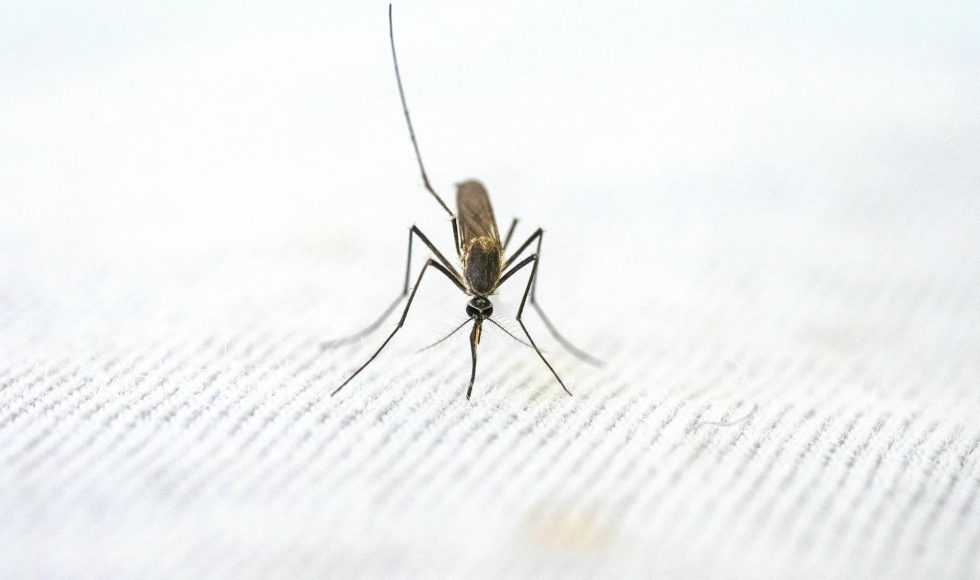Mrinalini Watsa from the San Diego Zoo Wildlife Alliance presented at London Calling 2024 a session titled “Into the unknown: portable sequencing empowers global conservation genomics.” I believe Watsa presented at a previous London Calling. They spoke about biodiversity loss and how we likely don’t know the true diversity. Watsa presented examples of amphibian genomic […]
Continuing with the London Calling 2024 sessions available on demand, tonight I watched Carol Greider from the University of California, Santa Cruz, present on “Nanopore sequencing reveals conservation of chromosome end-specific telomere lengths.” Greider spoke about telomeres, DNA sequences at the ends of chromosomes and their roles. Human telomeres consist of tandem repeats of a […]
Tonight, I watched Sarah Cameron from the University of Bath in the UK present at London Calling 2024 on “100 years of Bordetella pertussis evolution in the UK. I had watched a similar session and wanted to learn more. Cameron noted that in 2001, the whole-cell vaccine from 1957 was replaced with an acellular vaccine […]
Tonight, I watched a recent Oxford Nanopore Technologies video about plasmid sequencing. The title is “A new and improved ‘gold standard’ for complete plasmid verification.” This session was a Knowledge Exchange with Aaron Pomerantz, Segment Marketing Manager at ONT. They spoke about plasmids and their use in molecular biology and industrial processes. Sanger sequencing has […]
Tonight, I watched the London Calling 2019 session by Anna Schuh from the University of Oxford in the UK. The title of the presentation was “Global applications of nanopore sequencing in clinical haematology.” Schuh explained that blood cancers are challenging to treat and that patients would benefit from precision medicines. Chronic myeloid leukemia was the […]
Karen Miga from the University of California, Santa Cruz, presented at London Calling 2019 on “Telomere-to-telomere assembly of a complete human X chromosome.” Miga is part of the Telomere-to-Telomere Consortium. They spoke about the gaps in the human genome. The challenge of assembling repeat regions may be tackled with ultra-long reads. Using the Josh Quick […]
Tonight I watched Jeroen de Ridder from the University Medical Center Ultrecht in the Netherlands present at London Calling 2019. They spoke about “Cyclomics: ultra-sensitive nanopore sequencing of cell-free tumor DNA.” Ridder spoke about the importance of detecting the recurrence of cancer in patients. Common diagnostics may not be suitable, and liquid biopsies of the […]
Martin Smith from the Garvan Institute of Medical Research in Australia was mentioned in the London Calling 2019 session I watched yesterday. Today, I watched the recording of the 2019 London Calling session that Smith did on “Leveraging long reads for high-throughput multiomic analyses of cellular diversity in human tumours.” Smith wasn’t able to travel, […]
Tonight, I watched the recording of Lucky Ronald Runtuwene from the University of Tokyo in Japan from London Calling 2019. Runtuwene is part of a sequencing core at a university campus. They have several Illumina devices and a PromethION. Their goal is to expedite research in developing countries. They started a collaboration with Indonesia, starting […]
Nicola Hall from the University of Oxford in the UK presented at London Calling 2019 on “Revealing mRNA alternative splicing complexity in the human brain.” Hall is investigating expression within a single cell in the human brain. They want to better understand how splicing is occurring in the brain. They spoke about using walk-on music […]











